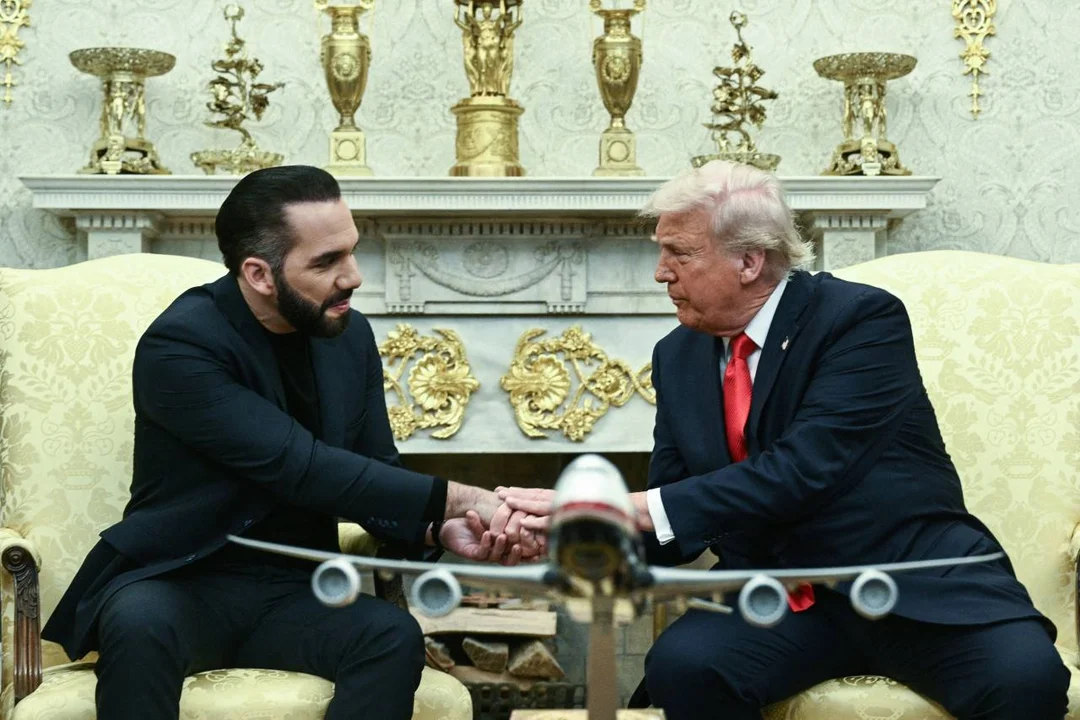
What Happens When Immigration Laws Are Ignored? The Case of Kilmar Abrego Garcia
In a striking case that raises profound questions about immigration enforcement in the U.S., Kilmar Abrego Garcia, a Salvadoran immigrant, has found himself at the center of a legal battle that underscores the complex interplay between the judiciary and executive power. This saga began during Donald Trump's presidency when Abrego Garcia was deported against an immigration judge's ruling, resulting in his imprisonment in one of the most notorious prisons in El Salvador.
In October 2019, an immigration judge determined that Abrego Garcia should not be deported due to the violent gang threats he faced back in El Salvador. The judge's decision was based on a thorough review of the evidence, which suggested that the attorney for the Department of Homeland Security had failed to substantiate the claim that he was a member of the notorious MS-13 gang. Yet, in a curious turn of events, rather than appealing this decision, Trump's Immigration and Customs Enforcement (ICE) opted to remain silent, ultimately leading to Abrego Garcia's deportation in March 2023.
Senator Chris Van Hollen of Maryland recently visited Abrego Garcia in El Salvador and shared a photo of their meeting on social media, which drew a mocking response from El Salvador's President Nayib Bukele. Bukele dismissed the arrival of Abrego Garcia in his country, asserting unequivocally that he would not be released. Such interactions not only highlight the ongoing tension between U.S. immigration policy and the realities these deportees face but also illuminate the severe ramifications of administrative oversights within deportation proceedings.
While the Trump administration has labeled Abrego Garcia as a public safety threat, critics argue that grounding such claims on possibly flimsy evidence could pave the way for wrongful deportations. Former ICE acting director John Sandweg expressed disbelief that they had not appealed the immigration judge's ruling if they truly believed Garcia posed a danger. "If they had serious concerns about this guy from a public safety perspective, they would have appealed," Sandweg said, suggesting that Trump's administration was not as concerned as it portrayed.
The Supreme Court, recognizing the flaws in the process, ruled that the Trump administration must facilitate Abrego Garcia’s return and ensure due process is upheld in deportation cases. Judge Paula Xinis expressed that while there were significant allegations against him, the fundamental principle of due process should reign supreme in the U.S. judicial system. As Judge J. Harvie Wilkinson III stated, "the government is asserting a right to stash away residents... without the semblance of due process." This case raises a critical issue: What happens to our justice system when the executive branch chooses to ignore court orders? Is the trend for future immigration policies on a collision course with morality and legality? As commentary surrounding Abrego Garcia’s horror stories unfold, the conversation must shift toward how the U.S. balances immigration enforcement with the rights of individuals and the rule of law.
As we continue to explore the broader implications of the Abrego Garcia case, one question remains prominent: Can the system be reformed to uphold the rights of all immigrants, or are we witnessing the unraveling of due process?